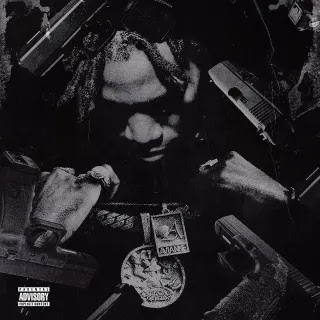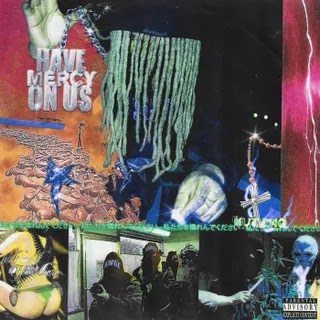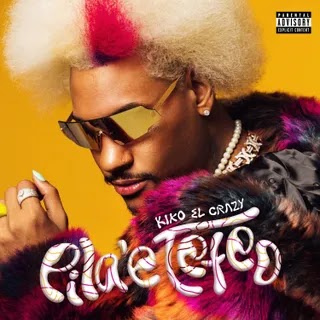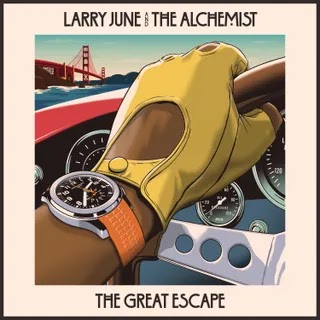The London drill rapper ventures beyond his chosen style in order to offer a fuller picture of what he’s gone through. At his best, he runs laps around the album’s skeletal beats.
Surveillance is the backbone of drill, and this is doubly true of Loski’s music. His 2018 song “Drill” began with a reporter blaming social media for the rise of gang violence—a ludicrous suggestion that Loski followed with his version of events: “Let me tell you how my animals move/Step in the cut, designer shoes, done it in Canada Goose.” Real Gs move in geese fleece. Loski is hyper-aware of the commentary around drill; his music feels like meta-drill. On his latest, Music, Trial & Trauma: A Drill Story, he tells a common story in a monumental way: You make music about all the bad shit you’ve seen, you get targeted because of the bad shit, and then you go to jail for the bad shit, which leaves you with more trauma. To tell this fairly sprawling tale of the constant loop of Black experience, Loski leaves drill behind in order to give a fuller picture of what he’s gone through.
When it goes, there’s no substitute. Loski has never had to prove himself, and he runs laps around the almost unadorned beats on these albums, climbing their skeletal vibrations as if he was on an obstacle course. The verve of a typical drill song is the perfect trampoline for tossed-off lines where he bounces through his disaffection, popping off like he’s just been handed the aux. The hooks can be as simple as, “I got honeys on me/I got hunnies on me, couple hunnid on me,” on “On Me,” where he just swerves. The problem is that he’s taken on too much in trying to make Music, Trial & Trauma be more than just a collection of drill bangers. That’s fine; who said the Croydon rapper couldn’t be versatile? A song like “Forrest Gump” showed that Loski could make a party jam with a hook—no problem. Unfortunately, the album has the feeling of being focus-group-tested to the point of dilution. With the exception of “Flavour,” featuring Stormzy, the party songs seem tossed off, as if Loski knew he had to have a formless Afrobeat number (“Naija Man,” featuring Davido) and a dance track with two stars (Popcaan and Fredo guest on “Avengers”) in order to reach the new audiences some marketer was drooling over.
It didn’t have to be this way. The singles Loski put out this year have been flitting around the internet, racking up YouTube views with the force of their realness. The cavernous loosie “Allegedly” threw a middle finger up at all comers while making it clear that what we think we know about Loski is actually very little. “Anglo Saxon” proved that the rapper could be cocky, self-referential, and witty all at once. There are glimpses of that Loski here. He launches himself off the grimacing guitar and demented organ of “Captain Hook” and flies to the outer reaches of shit-talking (“Rap for the hood but we know he’s timid (Timid)/I don't wanna look like them/Whatever I do or say they mimic”).
On “Black,” the man gets personal. Here Loski’s sound is muted. The synthetic trumpets seem smaller, wafting through the wind. The looped sub-bass and ticking-clock snare provide the percussive backing for Loski’s tribulations. He talks about the death of his brother, mourning both him and the loss of childhood his passing entailed. Though it may be easy to laugh at a lyric about loving Black women the way he loves black Mercedes, that levity is what allows Loski to delve into the tragedy of his personal life (“Gang signs turn to prayer hands/When you're locked in a cell and can't leave”). The turn from violence to religion occurs with surprising swiftness, but that is the nature of oppression. Losing one’s freedom can turn a sinner to a saint in an instant.
Music, Trial & Trauma is several albums at once: drill bangers, party tunes, and a series of reflections on Black tragedy. It doesn’t always cohere, but the effect is still rather startling. Loski illuminates the darkened corners of his mind in order to reveal the society that gives power to the demons inside.
















0 comments:
Post a Comment